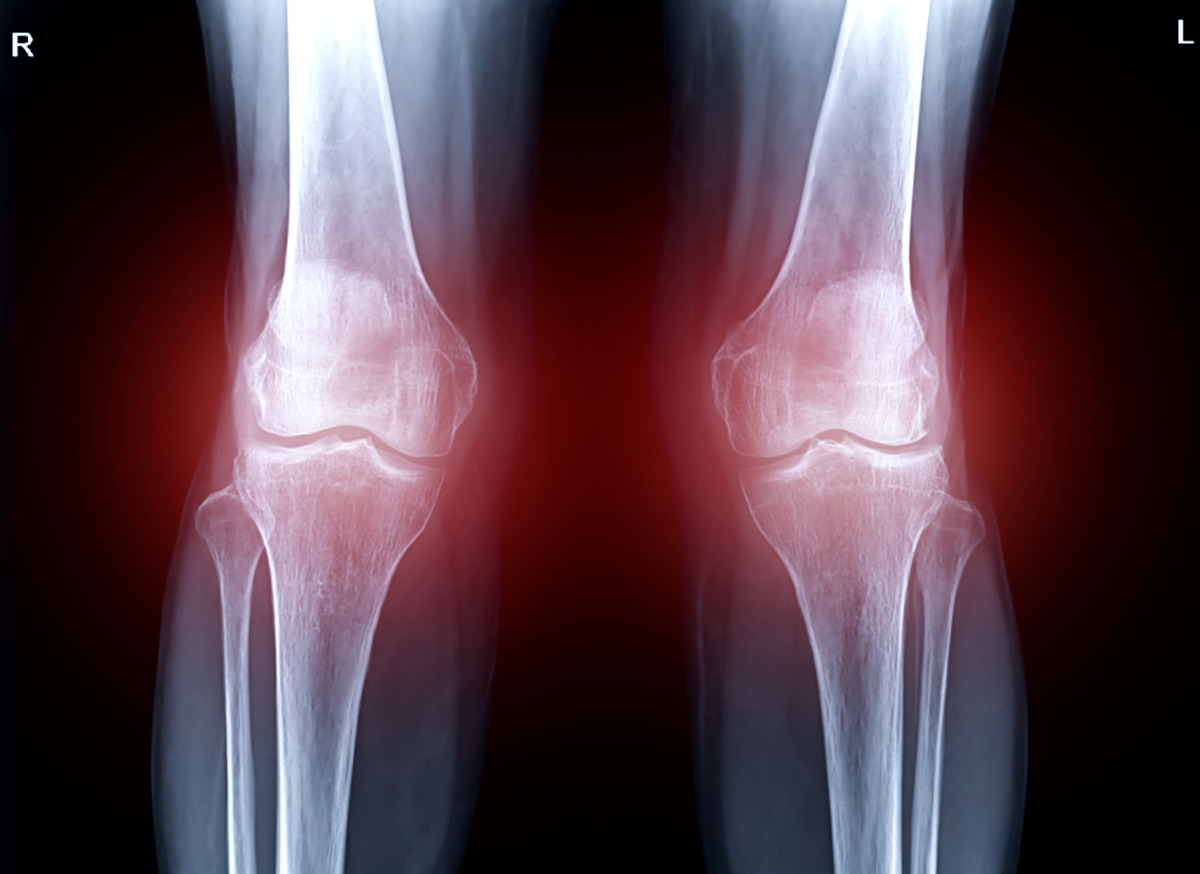Postoperative care is defined as the care that a patient receives following a surgical procedure. It’s an important aspect of healthcare as it encompasses all the procedures necessary for effective recovery after any type of surgery.
According to the World Health Organization, postoperative care includes recovery room orders concerning a patient’s vital signs, pain control, intravenous fluid administration, waste output, medications, and lab investigations. Most if not all of these tasks are performed by specialist nurses.
This means that proper postoperative care is affected by the nursing shortage, especially as it includes medical tasks only doable by those with the right training and qualifications. While more specialist nurses are qualifying for their BSN, it’s currently not enough to answer the high demand for them in hospitals, community clinics, and ASCs. This is why it’s crucial for medical professionals to be well-versed in the fundamentals of postoperative care, which can help streamline the whole process and better aid patients in recovery.
Want to stay in the know on the latest ASC tips and topics?
Recent Posts
Looking for Something?
Categories
- ASC (82)
- ambulatory surgery center (82)
- video (36)
- nurse guide (29)
- patient communication (27)
- patient satisfaction (27)
- covid19 (26)
- surgical facility (25)
- business and finance (22)
- technology (22)
- patient engagement (19)
- ambulatory software (18)
- pre-admissions (16)
- Case Study (14)
- ambulatory surgery center software (11)
- outpatient surgery (11)
- culture of safety (10)
- complex cases (8)
- or volume (8)
- administrator (7)
- employee satisfaction (7)
- infection control (7)
- outpatient surgery software (7)
- risk management (7)
- solutions (7)
- cardiac (6)
- disinfect (6)
- patient tracking (6)
- postop (6)
- total joint (6)
- document management (5)
- implementation (5)
- patient survey (5)
- surgery scheduling (5)
- ASC Everyday Heroes (4)
- hiring (4)
- job security (4)
- payment plan (4)
- preop (4)
- scheduling (4)
- security (4)
- surgery center (4)
- women in healthcare (4)
- ASC booking (3)
- CMS (3)
- CMS requirements (3)
- Derek's Corner (3)
- best practices (3)
- data integration (3)
- everyday heroes (3)
- outpatient surgery center (3)
- patient registration (3)
- preop nurse (3)
- revenue (3)
- senior patients (3)
- specialty procedures (3)
- texting (3)
- vendor management (3)
- ASC quality reporting (2)
- Accreditation (2)
- GI (2)
- ambulatory surgery center surveys (2)
- burnout (2)
- cancellations (2)
- clinical (2)
- cost (2)
- digital chart storage (2)
- healthcare consumerism (2)
- hygiene (2)
- new hire (2)
- patient charts (2)
- patient risk (2)
- payments (2)
- screening (2)
- sleep study (2)
- time management (2)
- 2021 (1)
- 4 tips (1)
- Accredited (1)
- Billing (1)
- ERAS (1)
- One Mnet Health (1)
- SaaS (1)
- capnography (1)
- certfication (1)
- colonoscopy (1)
- conscious sedation (1)
- corona virus (1)
- customer spotlight (1)
- diagnosis (1)
- elderly patients (1)
- endo (1)
- intubation (1)
- laryngoscopy (1)
- marketing (1)
- obesity (1)
- online pre-admissions (1)
- outsourcing (1)
- patient (1)
- patient finance (1)
- patient satifaction (1)
- payment (1)
- personalized care (1)
- physician offices (1)
- pricing (1)
- recovery (1)
- sleep apnea (1)
- staff burden (1)
- staffing shortage (1)
- surgery center management software (1)
- top 12 (1)
- vendor communication (1)
- vendors (1)
Research has found that undergoing any total joint replacement can make patients feel uncertain, vulnerable, and nervous. They may experience a decrease in trust for their own body. They may have intense anxiety about harming their new joint. As their healthcare provider, you have a crucial role in helping patients feel more confident and at ease. Instead of feeling anxious and uncertain, with your help, patients can experience a significantly improved quality of life.
As a new nurse, going from the hospital environment into an ambulatory surgery center was an eye-opening experience. I remember one of my fellow nurses laughing when I asked where to get a saline flush. I quickly realized why that was so funny and the differences working in a facility that bills globally, as opposed to itemized billing. In my career, I have worked for two large ambulatory surgery management groups. When it came to increasing revenue, they had different approaches, but the ultimate goals were the same. Control the things you can control – supply costs, labor costs, and billing.
What I learned so long ago, is that supplies are something we can control. Here are some considerations when evaluating opportunities to reduce supply costs:
- Is the size of your inventory appropriate for your case volume?
- Is your stock being rotated to prevent items from expiring and having to be discarded? This one really made me batty. It is literally like throwing money away.
- Are there suitable alternatives for supplies that cost less than the item you have always ordered?
- Look for buy-in from your partners to agree on supplies for cost-savings instead of catering to individual preferences. Show them data that supports your position.
Right in line with supply costs are labor costs. There are so many repetitive processes in an ASC or surgery department in a hospital. I know how difficult it can be to stop and really evaluate workflows to look for inefficiencies, but it is so important. One way of doing this is with job shadowing. Calendar some time with each of the departments in the ASC to walk through their processes. When you have a complete picture of the inner workings at your facility, you will gain insightful information that can help eliminate unnecessary steps that will save a minute here and a minute there. That might not seem like much. When you add it up across a day, a week, a month, and a year those minutes add up to dollars and lots of them.
Last but not least, is billing. I don’t mean that you send a bill and hope it gets paid. Here are some items to consider when trying to increase payments at your facility:
- How can you increase billing? Perform more cases by attracting more physicians? Better utilization of block time? Bring on more specialized and higher reimbursing service lines?
- What about your policies for collecting the amount due from the patient? Are your patients being notified in a timely manner of their financial responsibility and given their payment options prior to the day of the procedure? Are you getting all the information you need from the office scheduler when the case is booked?
- Are claims being submitted in a timely manner? What about other correspondence with insurance companies? Are they being addressed before the clock runs out?
While these initiatives are straight-forward, it can seem daunting to get started. I recommend getting the team involved to evaluate what items are most pressing for your facility and then divide and conquer.
What other topics would you like to hear about? Let us know in the comments below! Be sure to subscribe to our blog so you don't miss a single post.
It would be wonderful if all the patients at your Ambulatory Surgery Center paid their bills on time, but that’s not the reality. Each year, the need to send out payment reminders increases and more patients expect them as a part of the services your ASC provides. Facilities that aren't gently reminding their patients about upcoming payments neglect a valuable tool in maintaining their ASC's cash flow. They may also be letting their patients down, as more people every year rely on electronic reminders to keep them on track financially.
Happy National Nurses Day from the One Medical Passport Family.
Revenue may be up at your Ambulatory Surgery Center, but cash flow may still be tight. Revenue is a long-term measure, while cash flow has a daily impact on your facility. To improve cash flow, focus on day-to-day operational costs. Part of the solution is found in how you handle patient payments; if patients drag their feet before getting around to paying for procedures, cash flow can get tight quickly. Here are some tips to increase cash flow at your ASC in 2021.
Once the stepchild of hospitals for elective surgery, today’s Ambulatory Surgery Centers are quickly taking over the market. Every year, millions of patients opt to have a wide range of surgical procedures done at specialized ASCs rather than having surgery at a hospital. In response to the preferences of patients, more surgeons are performing operations at ASCs. They are also performing increasingly complicated procedures at ASCs. What caused the change in perception? It can be traced to three reasons that resonate with patients, particularly in today’s health care atmosphere.
One Medical Passport is pleased to announce the kick-off of its ASC Leaders Advisory Board. 1MP, the leading provider of surgical care coordination and patient engagement software for outpatient surgery, created this group as a “think tank” to provide feedback from the front lines on ways to make outpatient surgery safer, more cost-effective and more convenient.
It's summertime, when most people think about vacations and enjoying the weather, not having outpatient surgery. Keep the revenue at your ASC from taking a nosedive during the summer months by focusing on ways to keep your facility operating at total capacity and ensure prompt, full payment for procedures.
Total joint replacement or reconstruction is an invasive procedure with potentially lengthy recovery times. When patients are facing the prospect of joint procedures followed by weeks of physical therapy and restrictions, a positive experience at your ASC can dramatically improve their recovery and satisfaction.








.jpg)


